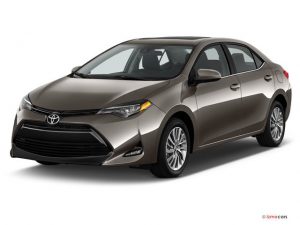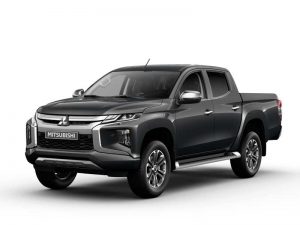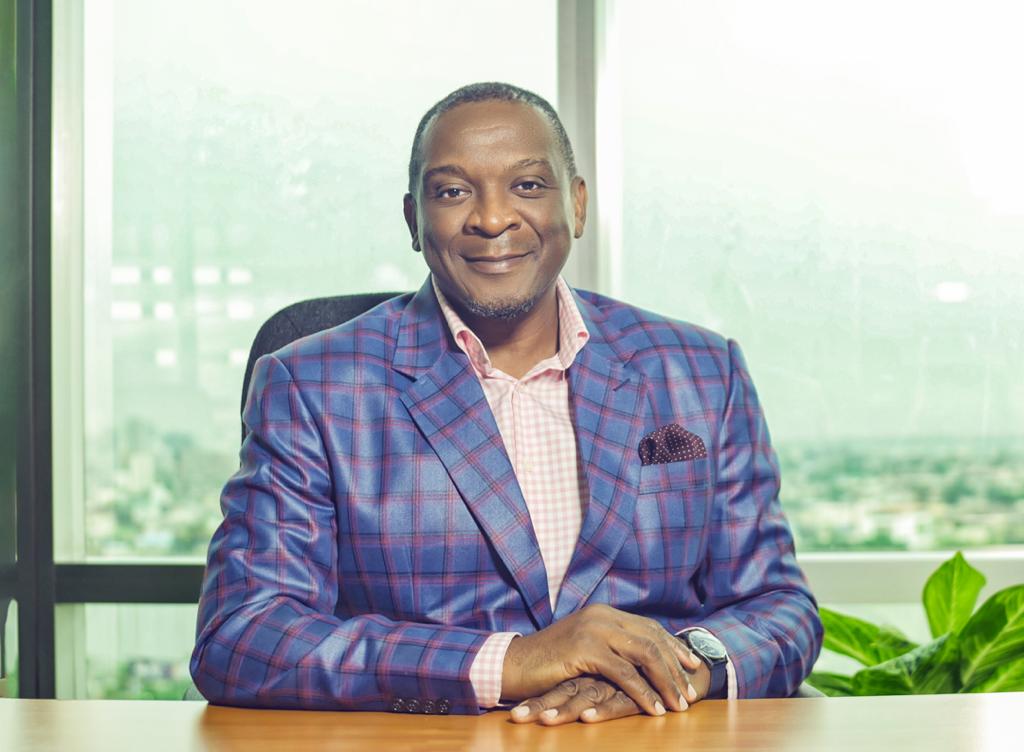He is urbane, sociable and easily accessible. Though a Chairman of one of the Sectoral groups of the Lagos Chamber of Commerce and Industry, he is always identifying with the crowd.
Currently a General Manager with Mitsubishi Corporation’s Nigeria subsidiary overseeing Nigeria and Ghana, he also serves as the Chairman, Automotive and Allied Sub-Sectoral group of the Lagos Chamber of Commerce and Industry. Mr. Bambo Adebowale, Transport Day Personality for the Month, answered some questions from Frank Kintum
As Chairman of the Automotive and Allied Sub-Sectoral group of the Lagos Chamber of Commerce and Industry, what can you say has been your success story?
The role of chairman is one of responsibilities than measurements, so “success” isn’t a true measure of the role. However, I would say that my tenure – two actually, being into my second term, has been defined by keeping both the auto industry and the issues of the industry on the front burner, in collaboration with other advocacy groups like the Nigeria Automobile Manufacturers Association (NAMA) and the Motor Mechanics and Technicians Association of Nigeria (MOMTAN). I have approached the issues in the auto industry from a whole value chain perspective, engaging government offices like the Nigeria Investment Promotions Council and the Lagos State Ministry of Transport. I have engaged assemblers, dealers, technicians and policy makers. I gave interviews, wrote articles and even successfully invited the Honorable Minister of Trade then – Dr. Okey Enelamah, to an Auto Sector symposium. I suppose that was a success!

What have been the most difficulties challenges you have faced in office?
Easily its apathy and mistrust amongst those in the auto industry, but it was understandable. The Lagos Chamber of Commerce is an advocacy group representing the industry across the value chain and I was the front man for the Auto sector. It was easy for the assembler to see a used car dealer as the enemy, same between the unionized mechanic and the independent workshop. These only made it more necessary to understand how the industry worked and it has made me one of the most knowledgeable, yet open minded voices in auto – like some super consultant.
The other difficulty (maybe that’s difficulties), are the government rules, laws and policies at Federal and State level. Some self-defeatist, others downright silly and many more actually restricting the government’s ability to develop the industry and generate income. I hope that I will have the opportunity to educate the various Ministries, Departments and Agencies of the various opportunities that will grow the industry, yet generate revenue for them.
What do you want to be remembered for when you leave office as Chairman of the Automotive and Allied Sub-Sectoral group of the Lagos Chamber of Commerce and Industry?
As one of those passionate individuals that consistently pushed advocacy for the industry. Maybe, also as one of the most analytical individuals when it comes to the development of the Nigerian auto industry.
What do companies stand to gain by becoming members of your sub-sectoral group?
Obviously, you become part of a family of like-minded entrepreneurs. You get support through advocacy and intervention from the Lagos Chamber and access to contact with the government, with trade bodies and with potential investors and partners.
Have you been able to reach out to those companies that are not yet your members?
Yes! With lot of success too. I am proud to say that all the properly structured, professional and serious autoprenuer are members. There are still a few key companies that we would like to have as members, but remember it is the Lagos Chamber – so there will be organizations that are not domiciled in Lagos, that we might not be able to secure. In addition to reaching out to non-members to become members, we are encouraging current members to be more active in their participation.
What does it take to gain the membership of your sub-sectoral group of the LCCI?
First is to be in the automotive or allied products business. Then there is the desire to be part of the oldest chamber of commerce in Nigeria and thirdly is to meet your financial obligations. Once you join, there are always meetings, seminars, meetings and exhibitions – and don’t forget that Nigeria’s largest Trade Fair is organized by the Lagos Chamber. A demonstration of importance is the news that the Lagos State government has offered to take up 24% equity of the Tafawa Balewa Square (current venue of the fair) and Lagos International Trade Fair Complex (the original venue). Most of the auto and Tyre brands are participants.

What is your view about the recent government policy on the tariff for imported vehicles?
Honestly, it could have been better scoped and deployed – and still achieve the alleged intention. It wasn’t fully thought through. On paper, its might be good for transport, but most transport is used vehicles, but there was no change to the used vehicle regulations. We are already dealing with a devalued Naira, rocketing inflation and we are in and out of recession. These will kill off advantages. It also sends the wrong message to investors. A comprehensive review and a realistic assessment would have been more effective, supported by comprehensive regulation and participation of all real stakeholders.
What in your view is the best way to grow the local auto industry?
You first understand what is “local” about the industry – the players, the consumer mindset, the Nigerian and now African business environment, the culture. Once you understand and appreciate these variables, you can escalate to developing your strategy and mitigating the challenges – the grey imports, the unlicensed dealers, the unregulated traders etc. One day, I will explain how we can go from 10,000 units sold annually to 1million in five years. Maybe I will set up an auto consultancy!

Aside being a Chairman in the LCCI, you are the General Manager of Mitsubishi Motor Corporation Nigeria. How do you assess the performance of Mitsubishi in the Nigerian market?
Correction, I am a General Manager of Mitsubishi Corporation’s Nigerian subsidiary, covering Nigeria and Ghana. Mitsubishi Corporation own 9% of Mitsubishi Motors, but Nissan owns 34%. Remember that Mitsubishi Motors is part of the Renault–Nissan–Mitsubishi Alliance – and has been since 2016. Mitsubishi Heavy Industries, the original father of Mitsubishi Motors, also owns about 11%.
Specific to the brand, Mitsubishi sales in Nigeria are by Masillia Motors, a JV company co-owned by CFAO and the Kewalram Group, but like all the other brands, can do better. New car sales are unlikely to break 15,000 this year and compared to the estimated 350,000 used car figures, is not a good place to be. Financing and regulation can easily change the narrative, but we will also need creative thinking in the current auto policy and we could do with a business-friendly auto bill, with interventions like finance and trade-in opportunities. The African Continental free Trade Agreement has kicked in, so the clock has started ticking.
When you are not working, how do you relax?
I don’t have a “not working” definition, so it’s more of slowdown than relax. I play or think golf. Covid is hampering my love of owambe (local term for parties). I do a bit of farming. I read non-fiction corporate biographies. I take in a whole load of Netflix – the simple things in life!













